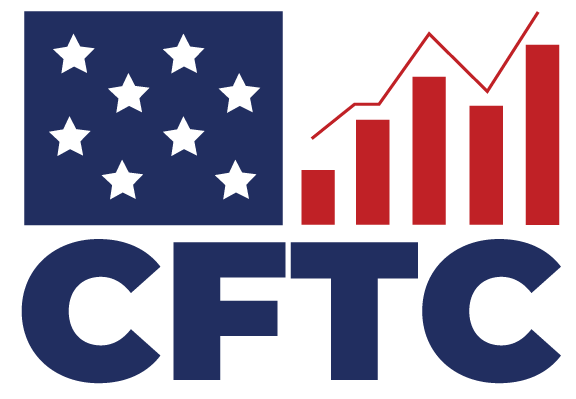Washington, D.C. — The Commodity Futures Trading Commission today announced the U.S. District Court for the Eastern District of New York entered a final judgment and consent order on August 31 for a permanent injunction, monetary sanctions, and equitable relief against Tae Hung Kang, a/k/a Kevin Kang, of Queens, New York.
The order resolves the CFTC’s claims against Kevin Kang in the CFTC action filed against him, Sungmi Kang, John Won, Safety Capital Management, Inc., and GNS Capital Inc., both doing business as ForexnPower, on September 25, 2015. [See CFTC Press Release No. 7245-15] The complaint alleged, among other things, fraudulent solicitation, which included misrepresentations in advertisements placed in Korean language newspapers, of over $1.5 million from customers to trade off-exchange foreign currency (forex) and misappropriation of over $800,000 of customer funds. The CFTC action against the other defendants is ongoing.
The order requires Kang to pay $835,058 in restitution to victims of the fraudulent scheme. The order also permanently prohibits Kang from further violations of the Commodity Exchange Act (CEA) and CFTC regulations, as charged, and imposes a permanent registration and trading ban.
Case Background
The order finds between October 2010 and December 2013, Kevin Kang was the CEO and an associated person of Safety Capital d/b/a ForexnPower, which was a retail forex commodity trading advisor and retail forex commodity pool operator. Kang solicited and accepted clients of Safety Capital d/b/a/ ForexnPower for managed off-exchange retail forex trading accounts and a retail forex commodity pool. The order finds that during this period, Kang solicited pool participants and retail forex customers at a ForexnPower seminar and represented he was the CEO of the company and the company’s trading signals program would, in five years, turn a $3,000 investment into profits of over $900,000. According to the order, the latter representation was false or misleading because no Safety Capital d/b/a ForexnPower customer had such high proportionate returns and, in fact, the majority of its customers lost money trading forex with ForexnPower.
The order further finds that around the summer of 2012, Kevin Kang, again representing himself as the CEO of ForexnPower, falsely told to a customer the company had yielded 10% profits per month and encouraged that customer to invest because this was a “lifetime opportunity” and the customer should “not miss out.” After investing, this customer requested a withdrawal. Kang told the customer that he could pay the customer back in a few weeks because the company was expecting an investment from another investor. The order finds this latter representation was consistent with a Ponzi scheme in which investors are paid with other investors’ money.
The CFTC cautions that orders requiring repayment of funds to victims may not result in the recovery of any money lost because the wrongdoers may not have sufficient funds or assets. The CFTC will continue to fight vigorously for the protection of customers and to ensure the wrongdoers are held accountable.
Parallel Criminal Matter
In a separate. but related criminal case, United States v. Kang, et al., 18-cr-184 (E.D.N.Y. April 11, 2018), Kevin Kang was indicted for, among other things, wire fraud conspiracy, securities fraud conspiracy, and money laundering conspiracy. On March 30, 2021, Kang pleaded guilty to securities fraud conspiracy and on December 14, 2021, he was sentenced to 24 months in prison followed by 24 months of supervisory release.
The CFTC appreciates the assistance of the U.S. Attorney’s Office for the Eastern District of New York.
The Division of Enforcement (DOE) staff responsible for this matter are W. Derek Shakabpa, former DOE attorney Linda Peng, Christopher Giglio, Elizabeth C. Brennan, David Acevedo, Lenel Hickson, Jr. and Manal M. Sultan.
CFTC’s Commodity Pool Fraud Advisory
The CFTC has issued several customer protection Fraud Advisories and Articles, including the Commodity Pool Fraud Advisory, which provides information about a type of fraud involving individuals and firms, often unregistered, offering investments in commodity pools.
The CFTC also strongly urges the public to verify a company’s registration with the CFTC before committing funds. If unregistered, a customer should be wary of providing funds to that company. A company’s registration status can be found using NFA BASIC.
Customers and other individuals can report suspicious activities or information, such as possible violations of commodity trading laws, to the Division of Enforcement via a toll-free hotline 866-FON-CFTC (866-366-2382), file a tip or complaint online or contact the CFTC Whistleblower Office. Whistleblowers are eligible to receive between 10 and 30 percent of the monetary sanctions collected paid from the CFTC Customer Protection Fund financed through monetary sanctions paid to the CFTC by violators of the CEA.
Source: CFTC


